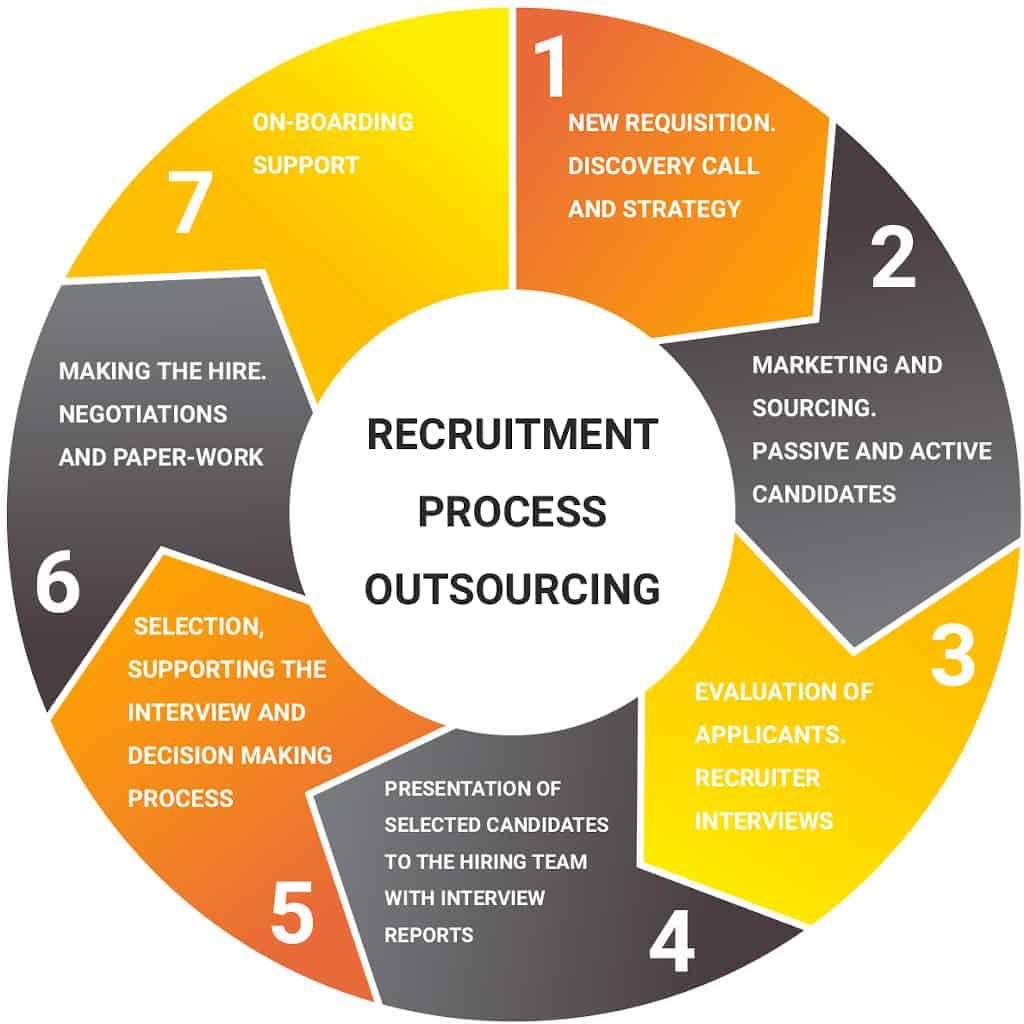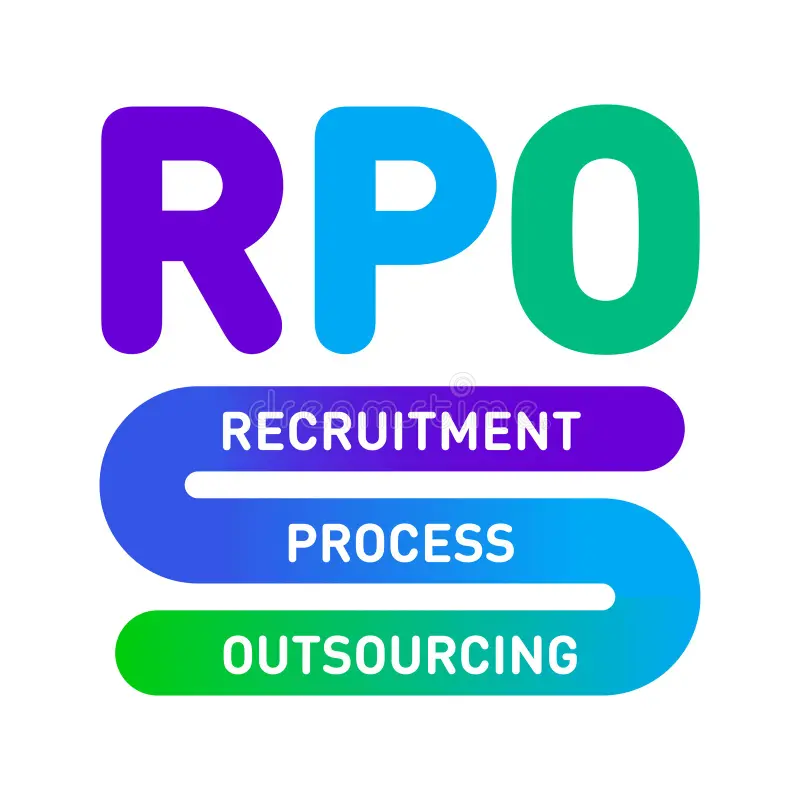RPO vs Traditional Recruitment: Picking the Perfect Path for Your Company
In today's competitive talent landscape, finding the right fit for your open positions can feel like navigating a maze. Choosing the most effective recruitment strategy is crucial. Two prominent approaches stand out: Traditional Recruitment, where your internal HR team handles the hiring process, and Check Now Recruitment Process Outsourcing RPO, where you partner with a specialized provider. This article will delve into the key differences between RPO recruiters and traditional recruitment teams, helping you decide which path best suits your company's needs.
Traditional Recruitment:
- In-House Control: Your HR team manages the entire recruitment process, from job description creation to candidate selection. This allows for a high degree of control and customization.
- Company Culture Expertise: Your internal team possesses a deep understanding of your company culture, which can be beneficial in attracting and selecting candidates who will thrive within your organization.
- Scalability Limitations: Internal recruitment teams might struggle to handle high-volume hiring needs or specialized positions requiring niche expertise.
- Cost Considerations: Building and maintaining an internal recruitment team can be expensive, including salaries, benefits, and recruitment software.
Recruitment Process Outsourcing (RPO):
- Specialized Expertise: Check Now RPO recruiter are experts in talent acquisition, possessing a deep understanding of the current job market and recruitment best practices.
- Wider Talent Pool: RPO providers have access to a vast network of candidates, often larger than what your internal team could source on its own. This increases the likelihood of finding the perfect fit for your needs.
- Cost-Effectiveness: RPO can be a cost-effective solution, especially for companies with high-volume recruitment needs. You pay a fixed fee or a combination of fees based on placements, potentially saving on salaries and infrastructure costs.
- Scalability and Flexibility: RPO providers can easily scale their services up or down based on your hiring needs. This is ideal for companies with fluctuating recruitment demands.
Choosing the Right Path:
Here are some key factors to consider when deciding between RPO and traditional recruitment:
- Company Size and Recruitment Needs: Smaller companies with lower hiring volumes might find traditional recruitment suitable. For larger companies with high-volume recruitment needs or specialized positions, RPO can offer significant benefits.
- Internal Resources: If your HR team lacks the bandwidth or expertise to handle your recruitment needs effectively, RPO can be a valuable solution.
- Budget: Consider the costs associated with building and maintaining an internal recruitment team versus the fees associated with RPO services.
Conclusion:
Ultimately, the best check now recruitment rpo strategy depends on your specific needs and resources. Traditional recruitment offers a high degree of control and cultural expertise, while RPO provides specialized skills, access to a wider talent pool, and potential cost savings. By carefully evaluating your company's situation, you can choose the path that will help you attract and hire top talent most effectively.



Comments
Post a Comment